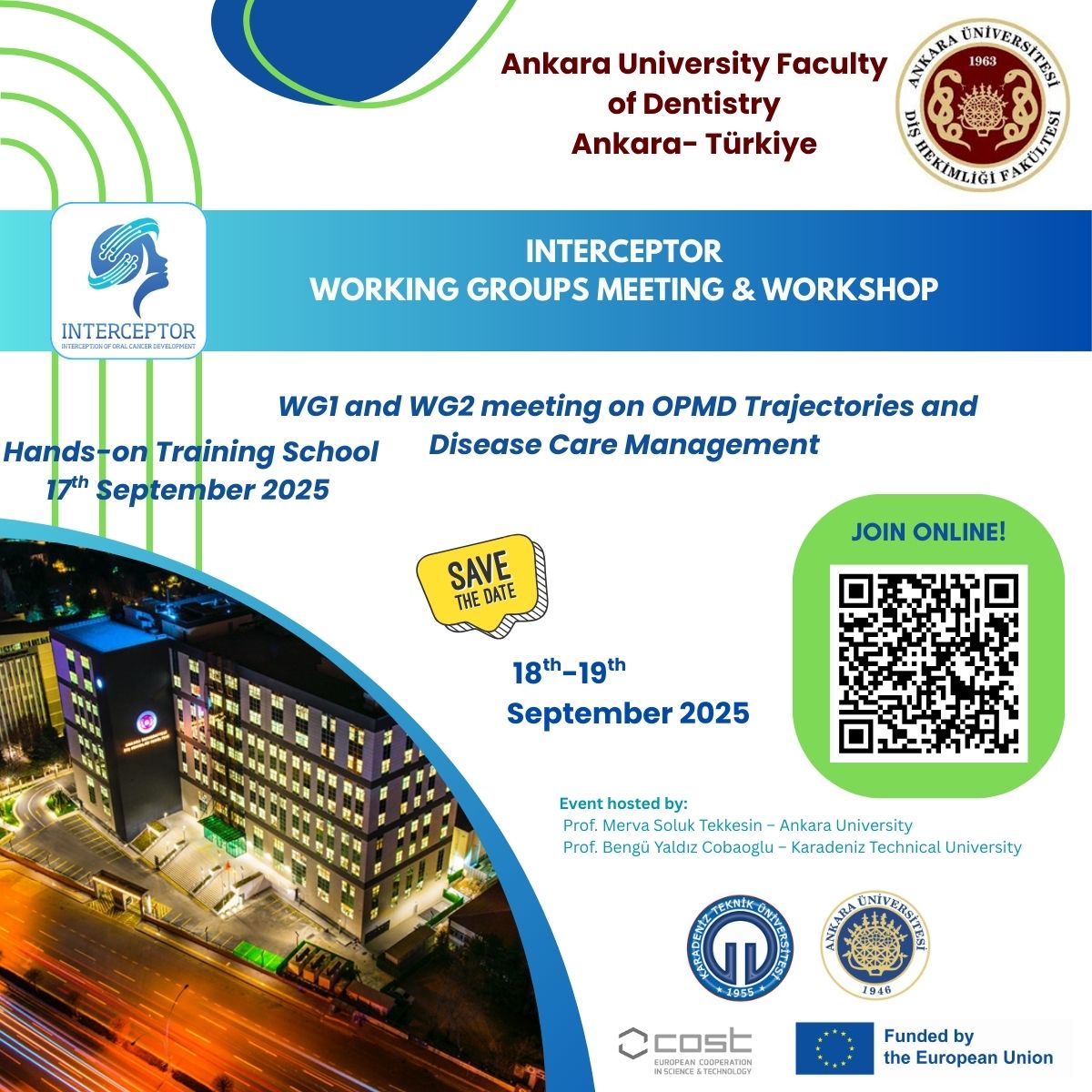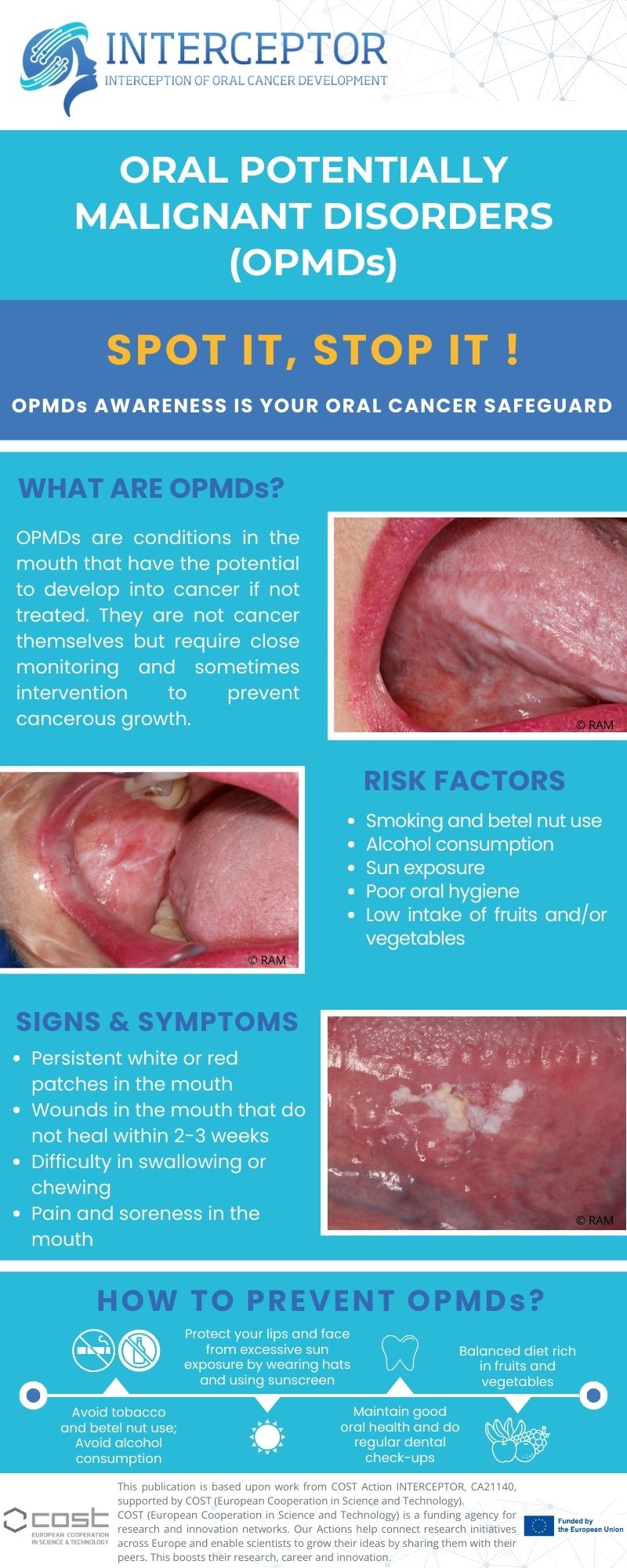Cookies are text files containing small amounts of information which are downloaded to your device when you visit a website. Cookies are then sent back to the originating website on each subsequent visit, or to another website that recognises that cookie. Cookies are useful because they allow a website to recognise a user's device. You can find more information about cookies at: www.allaboutcookies.org and www.youronlinechoices.eu.
Cookies do lots of different jobs, like letting you navigate between pages efficiently, remembering your preferences, allowing you to login and generally improve the user experience.
The cookies used on this website have been categorised based on the categories found in the ICC UK Cookie guide. A list of all the cookies used on this website by category is set out below.
If you turn cookies off in your browser, you will not be able to login to the site and access members' pages. However, other pages will not be affected.
Category 2: Performance Cookies
These cookies collect information about how visitors use a website, for instance which pages visitors go to most often, and if they get error messages from web pages. These cookies don't collect information that identifies a visitor. All information these cookies collect is aggregated and therefore anonymous. It is only used to improve how a website works.
The cookies used are called: _utma, _utmb, _utmc and _utmz.
To see more about Google's Privacy policy see the Google page Safeguarding your data.
If you wish to stop Google Analytics from tracking you then Google have provided a Google plugin that will stop the tracking code on all sites from seeing your visit. See: tools.google.com/dlpage/gaoptout.
By using our website, you agree that we can place these types of cookies on your device.






